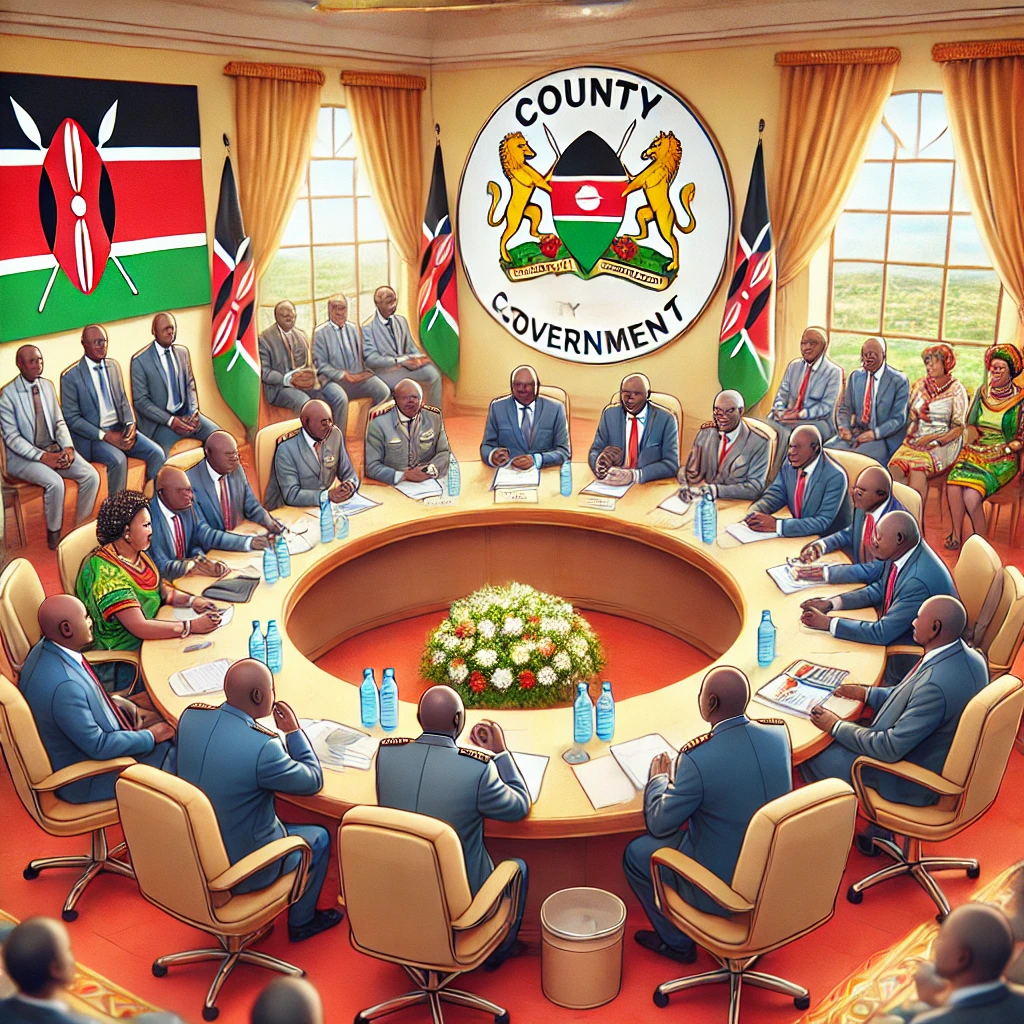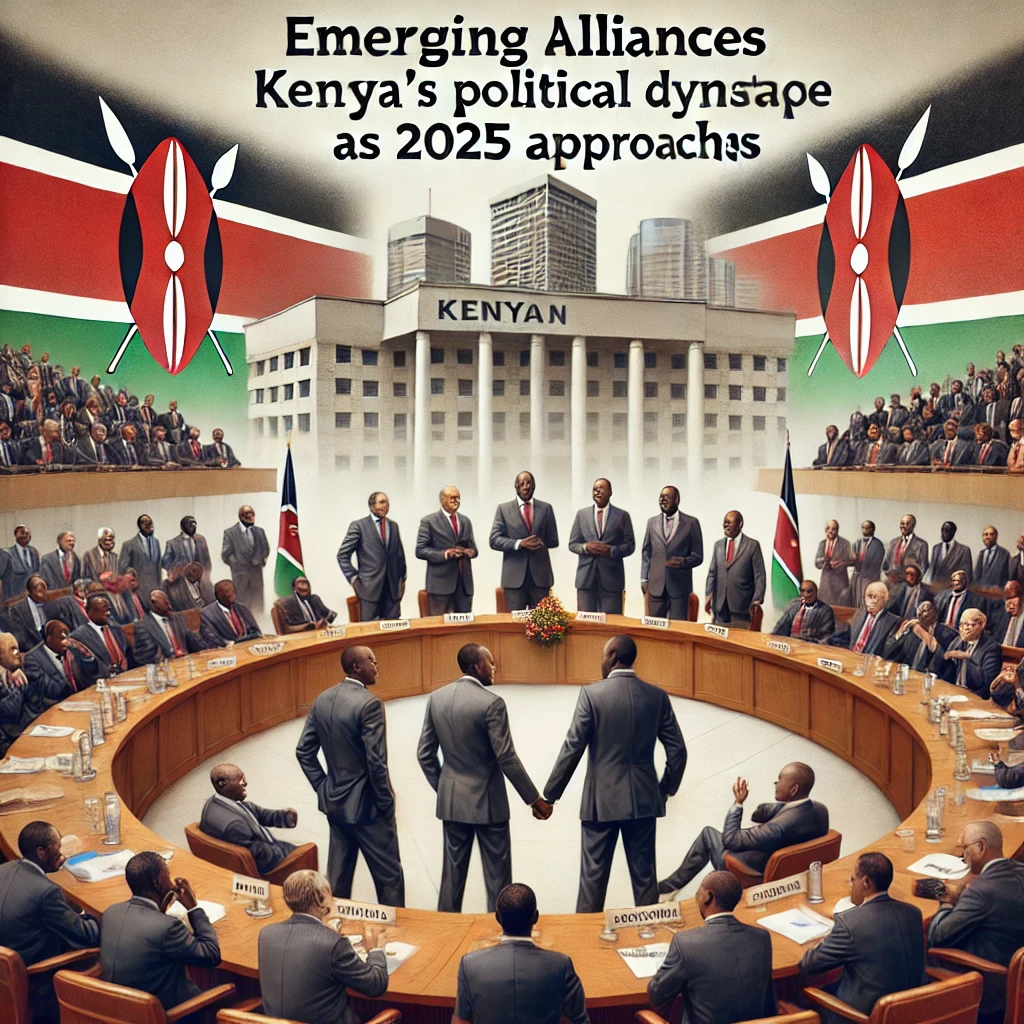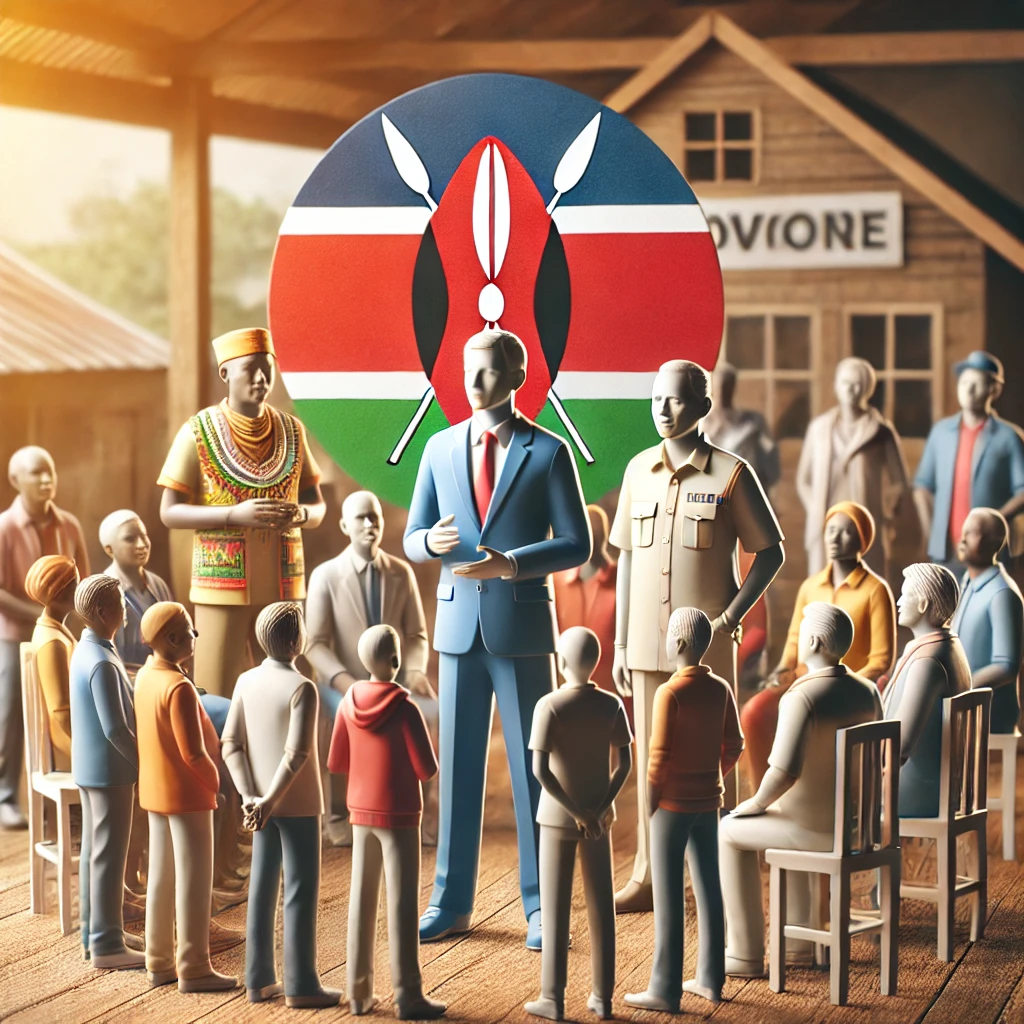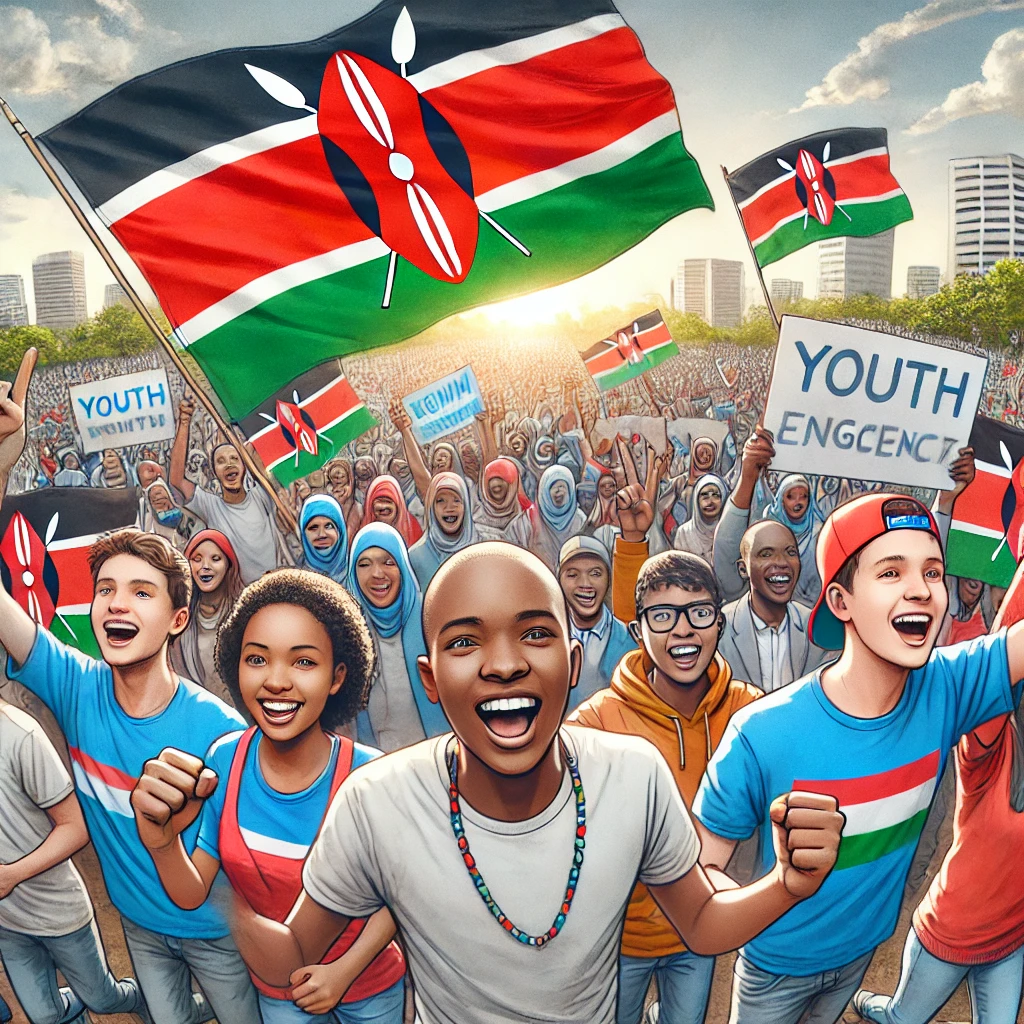

The Pulse of Kenyan Politics: Key Issues as We Head into 2025
As Kenya approaches 2025, its political landscape is marked by shifting alliances, opposition challenges, and pressing national issues. From devolution to economic policy and security, understanding the key drivers of Kenyan politics provides insights into the challenges and opportunities that lie ahead. This article offers a comprehensive analysis of Kenya’s political dynamics, the main issues shaping national discourse, and what they mean for the future.
1. Emerging Political Alliances and Shifting Power Dynamics

Political alliances in Kenya have historically shaped the country’s leadership and policies. As 2025 draws closer, several key alliances and power shifts have started to take shape:
- Realignments within Major Parties: Both the ruling and opposition parties are experiencing internal realignments, with leaders vying for influence and consolidating support. Recent moves within the ruling party indicate a restructuring that may affect succession plans.
- New Coalition Strategies: Political coalitions have become common in Kenya, where parties align to increase electoral strength. The emergence of coalitions among smaller parties is likely to impact the national balance of power, with each party aiming to influence policy discussions and bargaining for strategic government positions.
- Influence of Regional Leaders: Governors and other regional leaders are increasingly using their platforms to drive national issues, particularly around economic development and devolution. Regional politics and alliances are expected to play a critical role as the country approaches key elections.

2. The Opposition Landscape: Challenges and Opportunities

The opposition plays a vital role in shaping policy and holding the government accountable. However, recent developments reveal challenges as well as new opportunities:
- Fragmentation within the Opposition: The opposition in Kenya has often struggled to present a united front, with infighting and ideological differences fragmenting efforts. This lack of cohesion can weaken their bargaining power on critical national issues like economic reform and social policies.
- Opportunities for Policy Influence: Despite these challenges, the opposition has opportunities to influence policy by focusing on core issues affecting Kenyans. By addressing concerns such as inflation, unemployment, and healthcare, opposition leaders can garner public support and hold the government accountable on policy implementation.
- Role of Civil Society and Grassroots Movements: Civil society organizations and grassroots movements are increasingly collaborating with opposition groups to raise awareness about social and economic issues. These alliances strengthen the opposition’s voice and contribute to a more diverse political landscape.
3. Key Political Issues to Watch

As Kenya heads into 2025, certain issues are expected to dominate political discourse:
Devolution and Regional Governance
Devolution remains a central issue, with regions advocating for greater control over resources and policy decisions. While the 2010 Constitution established a framework for devolution, implementation remains uneven. Counties often face budget constraints, delays in funding, and disputes with the national government. Moving forward, there is growing pressure to enhance the capacity of regional governments and ensure equitable distribution of resources.
Economic Policy and Cost of Living

Kenya’s economy faces numerous challenges, including high inflation rates, youth unemployment, and public debt. Economic policy debates will likely focus on measures to stimulate growth, reduce the cost of living, and support job creation. The government’s strategies, including potential reforms in taxation and foreign investment policies, are closely watched by the public and are expected to play a significant role in the next election cycle.
Security and Counter-Terrorism

Security remains a critical concern, especially in regions affected by terrorism and cross-border conflicts. The government has intensified counter-terrorism measures, particularly along the northern border, where extremist groups have increased their activities. Additionally, community-level security issues such as cattle rustling and ethnic clashes contribute to instability. The focus on security is expected to intensify as political leaders seek to address these threats.
4. The Role of Youth and Social Media in Politics

Kenya’s youth, who make up a substantial portion of the population, are increasingly influencing political discussions. Social media has empowered young Kenyans to voice their concerns, hold leaders accountable, and advocate for transparency and reform. Key trends include:
- Youth-Led Political Movements: Youth groups are mobilizing around issues like economic opportunity, education, and corruption. Their efforts have led to grassroots campaigns that bring new energy into the political landscape.
- Social Media as a Political Tool: Platforms like Twitter and Facebook have become influential channels for political expression and activism. Hashtags, viral videos, and online discussions help spread awareness, encourage civic participation, and bring important issues to national attention.
- The Youth Vote: The youth demographic is a significant voting bloc. Political leaders are increasingly aware of the need to address youth concerns, from job creation to social inclusion, as they aim to win support from this influential group.

5. Key Policy Issues in Kenyan Politics

Kenya’s political landscape is also influenced by specific policy issues that will likely shape the national agenda in the coming years:
Healthcare and Education
Improving healthcare and education remains a priority, as both sectors face challenges related to funding, access, and quality. Recent debates have focused on healthcare reforms to address inadequate facilities, high costs, and access to essential medicines. In education, there is a push for reforms that enhance quality and accessibility, particularly at the secondary and tertiary levels.
Environmental and Climate Policies

Environmental concerns are gaining traction, especially as Kenya faces challenges like deforestation, water scarcity, and climate change impacts on agriculture. Environmental activists and local organizations are advocating for policies to protect natural resources and promote sustainable development.
Corruption and Accountability

Corruption remains a longstanding issue in Kenyan politics. Efforts to combat corruption have shown mixed results, with periodic high-profile investigations but limited prosecutions. As Kenya moves forward, corruption and accountability will continue to be pivotal topics, with citizens demanding greater transparency and ethical leadership.
6. Looking Ahead: The Road to 2025

As Kenya approaches 2025, political leaders will need to address pressing national issues and focus on sustainable development. The public’s demand for transparency, accountability, and effective policy solutions is stronger than ever. Key recommendations for progress include:
- Strengthening Devolution: Empowering counties with resources and decision-making capabilities can improve service delivery and foster regional development.
- Economic Reforms: Addressing issues such as unemployment, inflation, and taxation can alleviate financial pressures on households and stimulate economic growth.
- Youth Inclusion in Politics: Engaging young people in decision-making processes can foster a more inclusive political landscape and encourage youth participation in governance.
Conclusion
The political landscape in Kenya is dynamic and evolving, shaped by alliances, opposition challenges, and critical policy issues. As we head into 2025, the focus on devolution, economic stability, and security underscores the need for collaborative and responsive leadership. Kenyan Chronicles will continue to analyze and report on Kenya’s political developments, offering insights and updates on the nation’s journey towards a brighter future.
How do you feel about Kenya’s political landscape as we head into 2025? Share your thoughts in the comments, and follow Kenyan Chronicles for more in-depth analysis of Kenya’s political scene.








